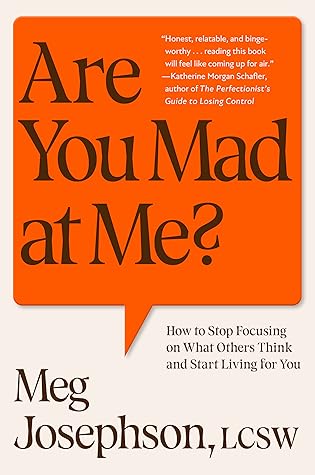More on this book
Community
Kindle Notes & Highlights
Read between
August 10 - August 15, 2025
No one emerges from childhood unscathed, and there’s no such thing as a “perfect” parent. I like to think that a parent’s weakness becomes the child’s strength, and that’s how we evolve as a collective.
When love is conditional, achieving is one of the few things a child can control to increase their odds of receiving attention and approval.
Moving forward isn’t synonymous with “getting over it” or shoving aside your emotions. It means allowing yourself to see and hold the pain in ways that you wish the other person could.
In my personal experience and in witnessing clients’ healing from wounded parental relationships, a child wants a healthy, functional relationship with their parent and will look past many things in order to have it.
Because fawners often struggle with low self-esteem, it can feel like no accomplishment is impressive. If you were able to achieve it, then it must not be that important or have been that hard, leading you to constantly undervalue your milestones.
The irony is that the time when my inner critic said I looked my “best” on the outside was also when I was struggling the most internally.
Lose control, gain control. That was the pendulum that I was swinging on,
the lungs, which are considered to be the “custodians of grief.” It’s said that unresolved grief and unprocessed sadness can disrupt lung function, manifesting as shortness of breath, fatigue, and higher susceptibility to colds and asthma.
Someone resisting your boundary isn’t a sign that you’ve failed at setting that boundary. Being able to tolerate the discomfort of disappointing someone is part of what makes it a successful boundary.
“Maintaining boundaries doesn’t cause outcomes; maintaining boundaries can hasten outcomes,” meaning our consistency with our boundaries simply reveals what’s been there all along in the relationship and brings us closer to that clarity.
Distinguishing fear from intuition isn’t easy. I find it helpful to focus less on what the thought is and more on how it feels. Anxiety feels jittery, tense; there’s a sense of urgency to it. Intuition feels calm, clear, concise.
Envy is information about what you desire for yourself, masked by what you fear isn’t possible.
It’s funny how so much of healing and “finding ourselves” as adults is really just returning to who we were as children before society got its grip on us, before we were taught to feel shame for being ourselves, before we were taught that our needs were too much. How did you love to spend your time as a child or as a teenager? You know, before you were conditioned to believe that anything that didn’t have a dollar value was a waste of your time.


